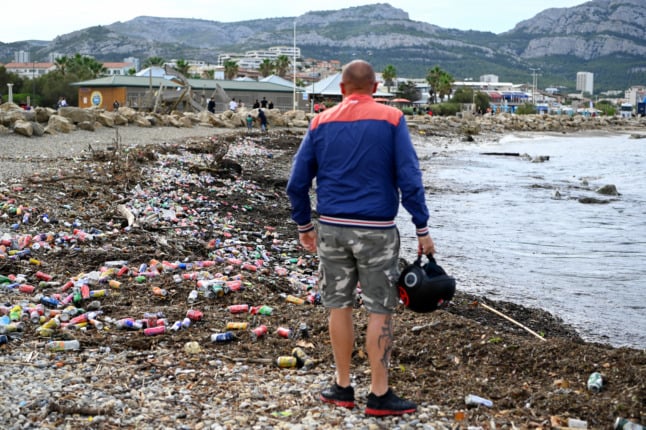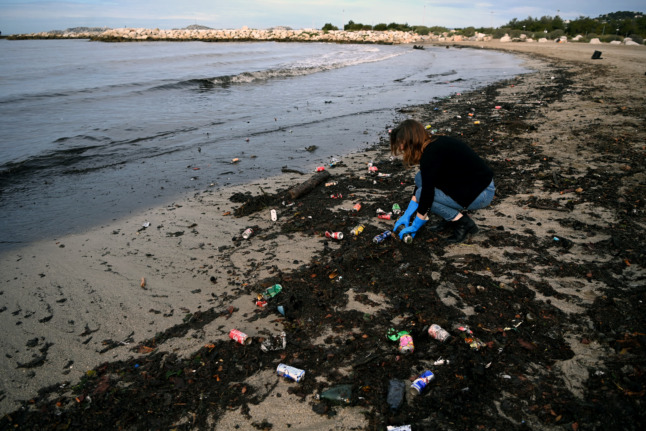“The challenges are huge and the problems are deep-rooted,” French Prime Minister Francois Fillon said as he opened the sixth World Water Forum in the southern city of Marseille.
“The number of human beings who have no access to clean water is in the billions. Each year, we mourn millions of dead from the health risks that this causes. This situation is not acceptable — the world community must rise and tackle it.”
The World Water Forum, held every three years, gathers policymakers, big corporations and non-governmental organisations.
As many as 20,000 participants from 140 countries are expected for the six-day event, including scores of ministers for the environment and water and a scattering of heads of state from francophone west Africa.
Separately, a massive UN report, issued only once every three years, said water problems in many parts of the world were chronic.
Without a crackdown on waste will worsen as demand for food rises and climate change intensifies, it said.
“Pressures on freshwater are rising, from the expanding needs of agriculture, food production and energy consumption to pollution and the weaknesses of water management,” UN Secretary General Ban Ki-moon said in the report.
“Climate change is a real and growing threat. Without good planning and adaptation, hundreds of millions of people are at risk of hunger, disease, energy shortages and poverty.”
Demand for food will increase by some 70 percent by 2050, which will lead to a nearly 20 percent increase in global agricultural water consumption, the UN’s Fourth World Water Development Report said.
Abstraction of aquifers has at least tripled in the past 50 years and now supplies almost half of all drinking water today. “In some hotspots, the availability of non-renewable groundwater resources has reached critical limits,” the report said.
The report demanded an overhaul in the use of water, especially by curbing waste. Smarter irrigation, less thirsty crops and the use of “grey,” or used water, to flush toilets are among the options.
Already, more than 2.5 billion people are in need of decent sanitation and nearly one in 10 has yet to gain access to “improved” drinking water, as defined under the UN’s 2015 development goals.
Ministers attending the forum will issue a non-binding statement on Tuesday affirming their awareness of the problems and intent to fix them.
Looking ahead to the “Rio plus 20” summit in June, Fillon stood by France’s plan to create a World Environment Organisation, an idea opposed by the United States.
“What is at stake here is the historic change of our societies from a development that is economically efficient but environmentally destructive to a model that combines economic development, the fair sharing of resources among the region’s of the glob and the preservation of ecosystems,” said Fillon.
The water forum is shunned by some environmentalists or development activists, who deride it as a trade fair lacking democracy and transparency.
An alternative forum is being staged elsewhere in Marseille by 2,000 members of civil society from Europe, the United States, Latin America and Africa.
“Water cannot be solely determined by politicians, financiers and technicians,” organisers of the rival forum said in a statement. “Every woman and every man, whatever his responsibilities, must take part in decision-making, contributing to the protection of water and ensuring fair access to it.”



 Please whitelist us to continue reading.
Please whitelist us to continue reading.
Member comments